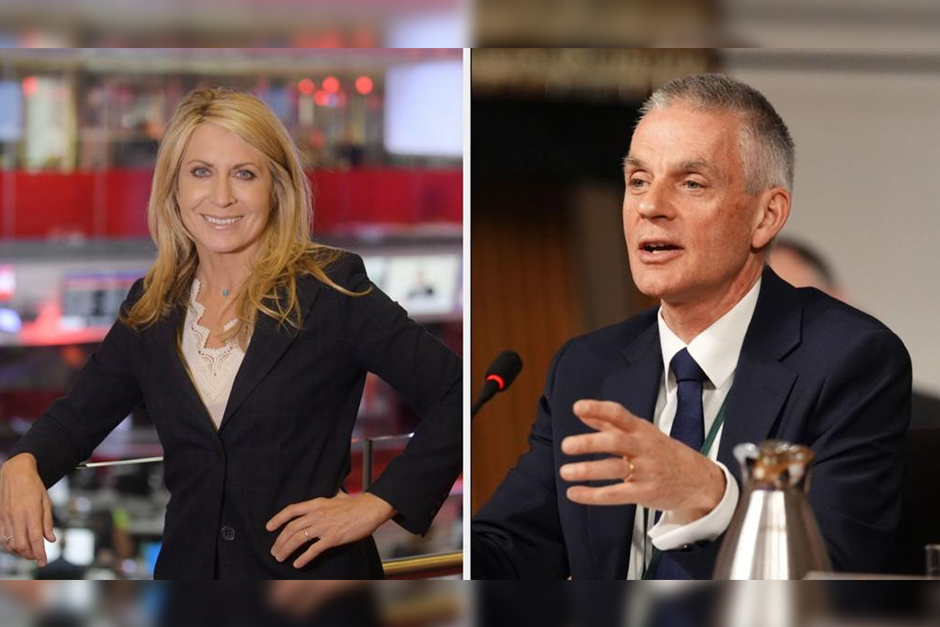Significant leadership changes have recently unfolded at the British Broadcasting Corporation (BBC), with Director-General Tim Davie and News CEO Deborah Turness both tendering their resignations. This high-profile departure is directly linked to an internal controversy surrounding the editing of a documentary featuring former US President Donald Trump, casting a spotlight on editorial processes and accountability at one of the world’s most renowned news organizations.
The Documentary and the Editing Controversy
At the heart of these resignations lies a documentary focused on Donald Trump’s presidency and its concluding moments. The specific details of the film itself remain under careful review, but the point of contention emerged from allegations concerning its final edit. Reports suggest that certain segments or narrative choices within the documentary were challenged for potentially misrepresenting events or perspectives, leading to an internal uproar and external criticism.
The core issue revolved around claims that the edited version of the documentary did not accurately reflect the raw footage or the full context of certain events, particularly those surrounding the Trump administration’s final days. For an organization like the BBC, which prides itself on impartiality and accuracy, such allegations are taken with extreme seriousness. The internal review that followed highlighted concerns about the editorial judgment applied during the post-production phase, culminating in a situation that demanded a clear response from the broadcaster’s top leadership.
Leadership Accountability and Editorial Integrity
The resignations of Tim Davie and Deborah Turness underscore the profound importance of editorial integrity and leadership accountability within major news institutions. As Director-General, Davie held ultimate responsibility for the BBC’s overall output and standards, while Turness, as CEO of News, was directly accountable for the editorial content and journalistic practices of the news division. The gravity of the situation, where the accuracy of a high-profile documentary was called into question, evidently necessitated a decisive action from the top.
The decision to resign reflects a recognition of the need to uphold the BBC’s reputation for trustworthy journalism, even when difficult decisions are required. Questions about the editorial process, particularly regarding potential misrepresentation or a lack of balance, can erode public trust—a commodity no news organization can afford to lose. “When the integrity of a major editorial output is questioned, especially at an institution as globally recognized as the BBC, the onus to demonstrate accountability becomes immense,” observed one media analyst. “Leadership changes in such circumstances often serve as a powerful statement about an organization’s commitment to its core values and restoring confidence.”
This incident serves as a poignant reminder that in the fast-paced and often scrutinized world of media, editorial decisions, from initial reporting to final edits, are under constant public and internal examination. The actions taken by the BBC’s leadership illustrate the deep commitment expected from those at the helm to maintain the highest journalistic standards and to take responsibility when those standards are perceived to be compromised.
The departures of Tim Davie and Deborah Turness highlight the critical weight of editorial judgment and the demands of accountability in maintaining the credibility of major news organizations. The controversy surrounding the Trump documentary edit has prompted significant introspection within the BBC, reinforcing the imperative for rigorous editorial oversight and transparent processes to uphold public trust in a challenging media landscape.




